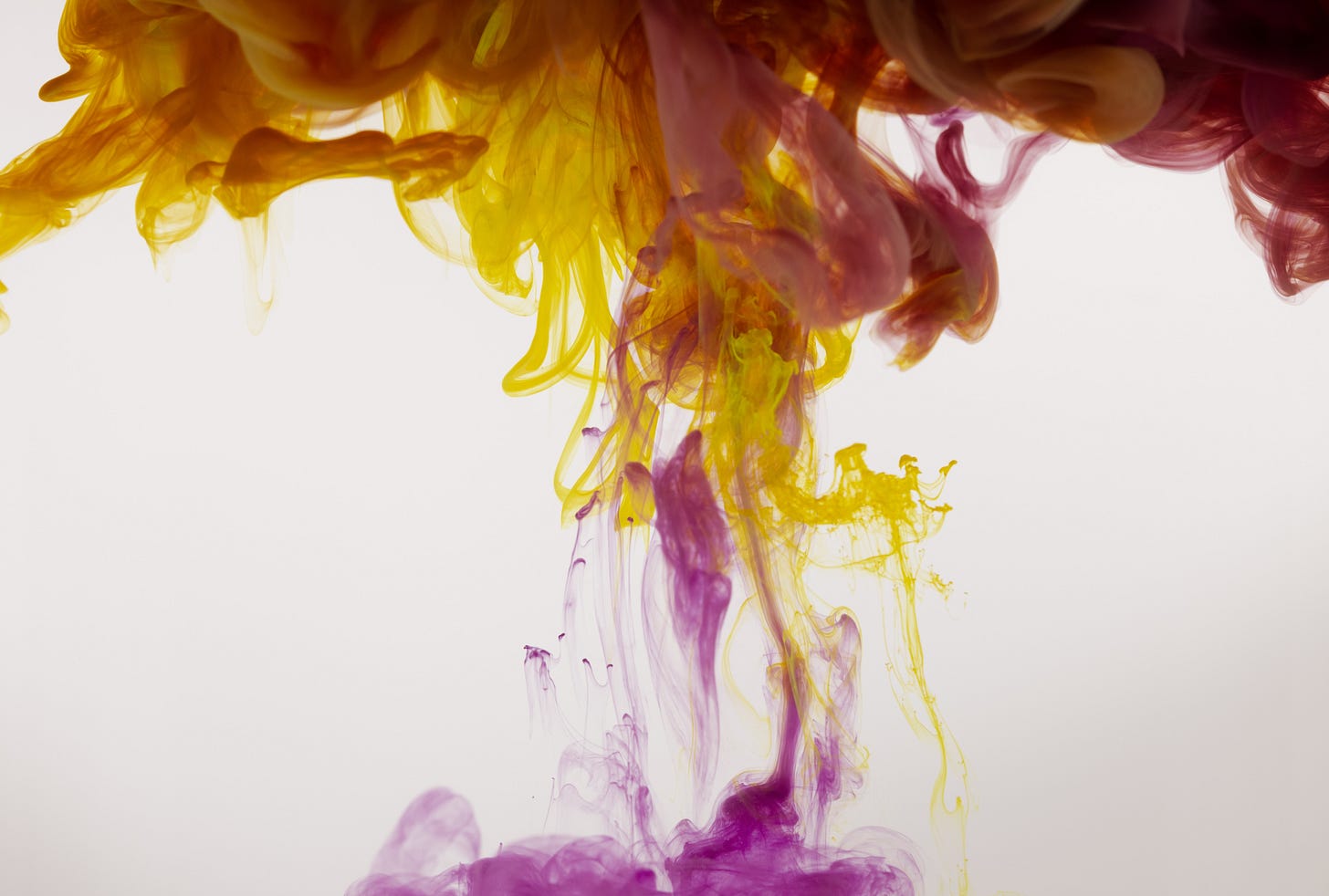Days of Awe-some
We’re a few days away from the close of another year on the Jewish calendar and the start of a new one. Rosh Hashanah, the Jewish New Year, begins Monday night and 10 days later we observe Yom Kippur, the Day of Atonement. Collectively, this time is known as “The Days of Awe”.
There’s a cool feature to the start of the Jewish year: We welcome the new year with joy, wine, gathering, and a festive meal, and then we immediately drop into a period of deep reflection and preparation for Yom Kippur.
“Awe” isn’t just an emotion, it’s a state of being. It’s a word that describes a feeling composed of amazement, wonder, reverence, terror, and dread. Even though “awesome” is one of my favorite replies to good news, every time I say “awesome!” I think about how what I am responding to is probably not actually something worthy of awe (but I still love/overuse the word). But this time on the Jewish calendar is actually awesome, in part, because Yom Kippur is a dress rehearsal for death.

There is a feeling of being suspended in time on Yom Kippur. It is the last day that “the gates are open”, before our fate for the year is sealed. We enter into a new year not knowing what it has in store for us, whether we will live or die. This in-betweenness builds throughout the ten days culminating with the drama of Yom Kippur, where we abstain from earthly pleasures (food, drink, sex), and wear white (to mirror the burial shroud). We even say Vidui (pronounced vee-doo-ee), the confession prayer. The other time we say the Vidui? At the deathbed.
These two Vidui’s are not identical in text but their themes are the same: I seek forgiveness for the sins I have committed. I have learned a bit about the power of the Vidui prayer this past year and I want to share two of my favorite teachings as we head into this time.
Recently, I was talking with someone who shared that there was a time in her life where she would say Vidui every day. This was based on a teaching by Rabbi Eliezer who said “..repent one day before your death” (Pirkei Avot 2:10), to which Bartenura (another commentator) adds “Since a person does not know when he will die, he should repent today, lest he will die tomorrow.”.
While this makes me think of every cliché “live for today” inspired quote, it’s also a healthy reminder that I’m mortal and that I don’t need to wait for one day a year for reflection. The sages were pushing for “repent now” and I’d also love to include more “gratitude now” and “joy now”.Which leads nicely to: Vidui, confess, can also be for positive things in our lives. I spend far too much time dwelling on the things I could have done better than praising myself for what I’ve done well. Maybe that’s you too?
This is no easy practice! A few years ago, I participated in a leadership training where we had to deliver a two-minute speech and then stand, looking ahead, while our peers applauded us. Not sitting down, looking away, or bolting for the door, was surprisingly hard.
If you’re interested in what it might feel like to also reflect on the good that you’ve brought into the world this past year, R’Avi Weiss’s Positive Vidui is a beautiful place to start.

Simultaneously reflecting on life and death/joy and sorrow is a theme throughout Judaism, and the Days of Awe do it impressively well. Aside from all the hope and joy a new year can bring with it, Yom Kippur is also the most intentional day of the calendar where we communally gather with a recognition of our mortality at the center. I think it’s pretty awesome to have this time with my community and to know that we are not alone in confronting the boundaries of life.
If you are observing the upcoming holidays, I hope they are meaningful and full of awesome moments.
Shabbat Shalom and Shanah Tovah, may 5782 be a year filled with peace and sweetness.



